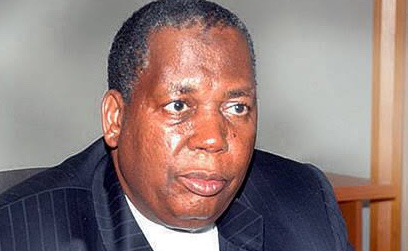Business
NDIC begins payment to depositors of 154 failed banks

The Nigeria Deposit Insurance Corporation Thursday said it had started paying depositors of 154 Micro Finance Banks that the Central Bank of Nigeria revoked their licences in 2018 due to insolvency.
The Managing Director of NDIC, Umaru Ibrahim, disclosed this at the corporation’s day at the ongoing 14th edition of Abuja International Trade Fair.
The event scheduled for September 21 to September 29 is themed “Remodeling SMEs Financing: Option and Solutions’’.
The managing director who was represented by Mr Mustapha Ibrahim, Director of Research, explained that the payment was extended to depositors of six Primary Mortgage Banks.
According to Ibrahim, in the last quarter of 2018, the CBN revoked the licences of 154 MFBs and six PMBs due to their insolvency and corporate governance issues.
READ ALSO: WHO moves to tackle world’s largest measles outbreak in DRC
“Hence, the corporation successfully liquidated the failed banks and has commenced payment to the depositors of the failed banks,’’ Ibrahim said.
He added that the corporation had investigated and mediated to address complaints from bank customers on various issues that affected them.
“As at June 30, the corporation received 35 petitions/complaints from banks customers on various issues such as ATM frauds, unauthourised funds transfer and cheques-related issues.
“Investigations were carried out and where necessary, customers were appropriately reprieved,’’ he said.
Join the conversation
Support Ripples Nigeria, hold up solutions journalism
Balanced, fearless journalism driven by data comes at huge financial costs.
As a media platform, we hold leadership accountable and will not trade the right to press freedom and free speech for a piece of cake.
If you like what we do, and are ready to uphold solutions journalism, kindly donate to the Ripples Nigeria cause.
Your support would help to ensure that citizens and institutions continue to have free access to credible and reliable information for societal development.






















